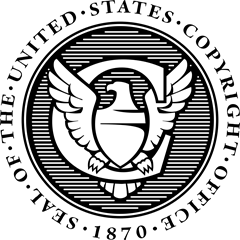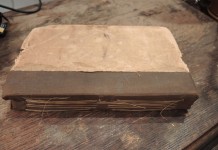 Here are a couple of follow-up pieces on yesterday’s Google Books matter.
Here are a couple of follow-up pieces on yesterday’s Google Books matter.
First of all, the author of the New Yorker piece under discussion, Tim Wu, is joining the office of the New York State Attorney General to focus on issues involving technology. Wu, who is known for coining the term “net neutrality,” has a strong dislike for bullies and a strong belief that consumers and fair competition need to be protected. I wish him all the best. (Found via BoingBoing.)
Also from BoingBoing comes an essay by Cory Doctorow about the copyright office’s attempt to solve the orphan works issue, which is also what prompted the torpedoed Authors Guild settlement attempt in the Google Books case.
Both Doctorow and the Society of American Archivists find the Copyright Office’s Extended Collective Licensing (ECL) proposal (PDF) wanting. It doesn’t solve the underlying problem—instead, it places the onus on people who want to use a copyrighted-but-orphan work to register, and leaves them potentially liable to damages if an owner should turn up and decide he isn’t happy with the use. If an owner should turn up, suddenly a use that had been permissible becomes illegitimate, and the user has no way of knowing if and when that will happen.
Doctorow also points out that archives who want to make these uses are limited in how they can find the money for them:
The ECL proposal prohibits archives from undertaking commercial efforts to pay the license fee. This means that libraries and archives need to find new money — which seems unlikely in this climate of austerity — to pay the fee, and it bars them from doing anything to fundraise for this purpose. For example, a large university archive couldn’t offer its patrons the right to plunk down $10 to have a work scanned and cleared, in exchange for getting their names embedded in the scans as the donors who made the work available.
On top of all that, the fact that this is a pilot program means that even that much could be discontinued altogether in a few years.
Doctorow has a number of suggestions for how the program could be improved. It should be transparent, it should cover all published works, and it should have a notice-and-takedown procedure, among others.
Doctorow points out that the Copyright Office is asking for comments on the proposal through October 9, 2015.
































